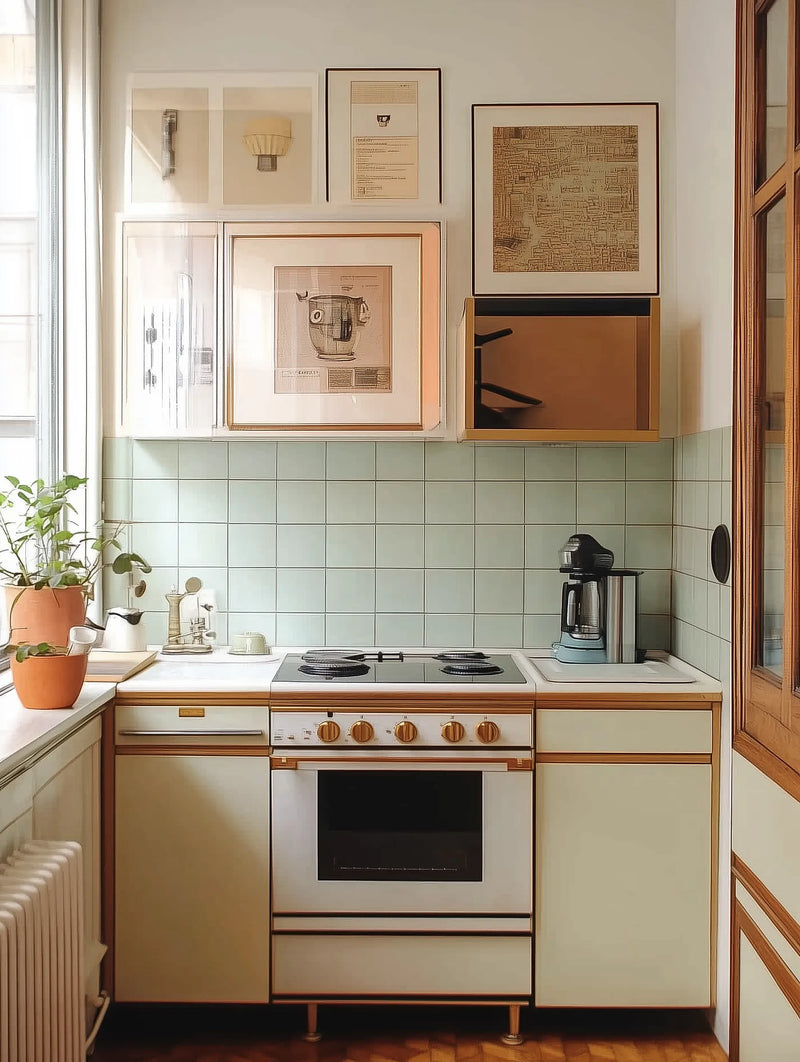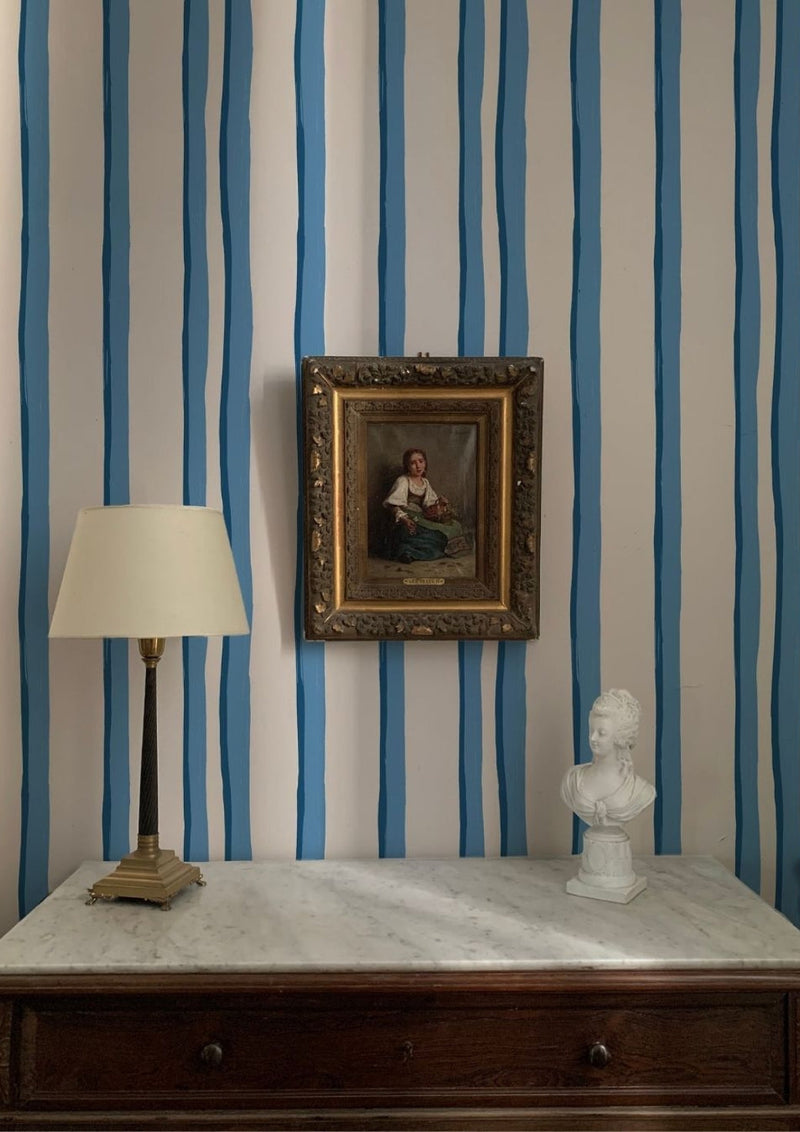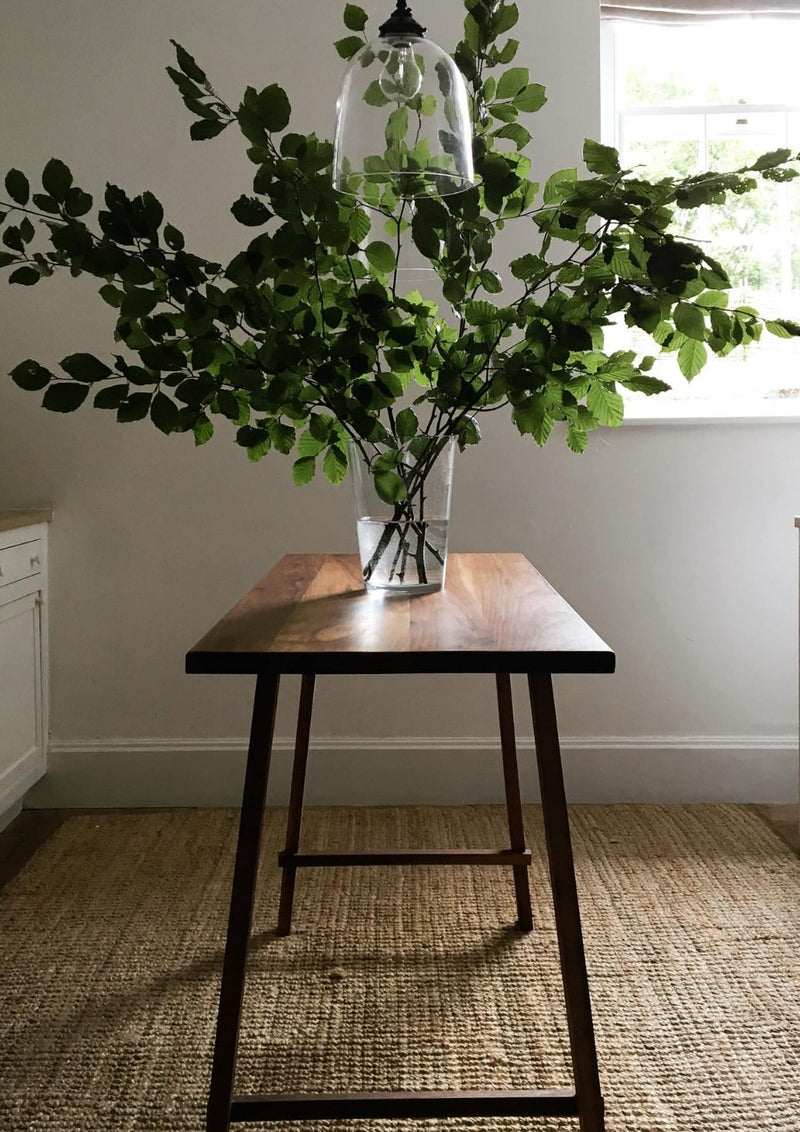This store requires javascript to be enabled for some features to work correctly.
How to Become a Successful Interior Designer: Education, Skills, and Certifications You Need
Interior design goes far beyond arranging furniture or choosing colour schemes. It’s about storytelling, atmosphere, and purpose. If you’ve dreamed of transforming homes, hotels, or restaurants into works of art, you’re not alone. But how do you turn this dream into reality? Here’s your guide to building a successful career in interior design.
By Marie Winckler

What Education Do You Need to Become an Interior Designer?
Is a Degree Necessary?
Not necessarily, but many designers pursue a bachelor’s degree in interior design, architecture, or a related field. Programs like those at Central Saint Martins in London are renowned for their focus on both practical skills and conceptual thinking. Degrees often cover crucial topics such as space planning, material selection, and design theory.
Short Courses and Workshops
If a degree feels like too much of a commitment, short courses—such as those from the British Academy of Interior Design—are excellent for building specific skills and exploring the basics.
💡 Maison Flâneur’s Tip: Our Trade Program offers exclusive perks to help you grow your expertise and access unique design pieces.
Are you an Interior Designer?
Join our Trade Program —a curated community of design professionals with exclusive access to bespoke pieces, trade pricing, and personalised support.
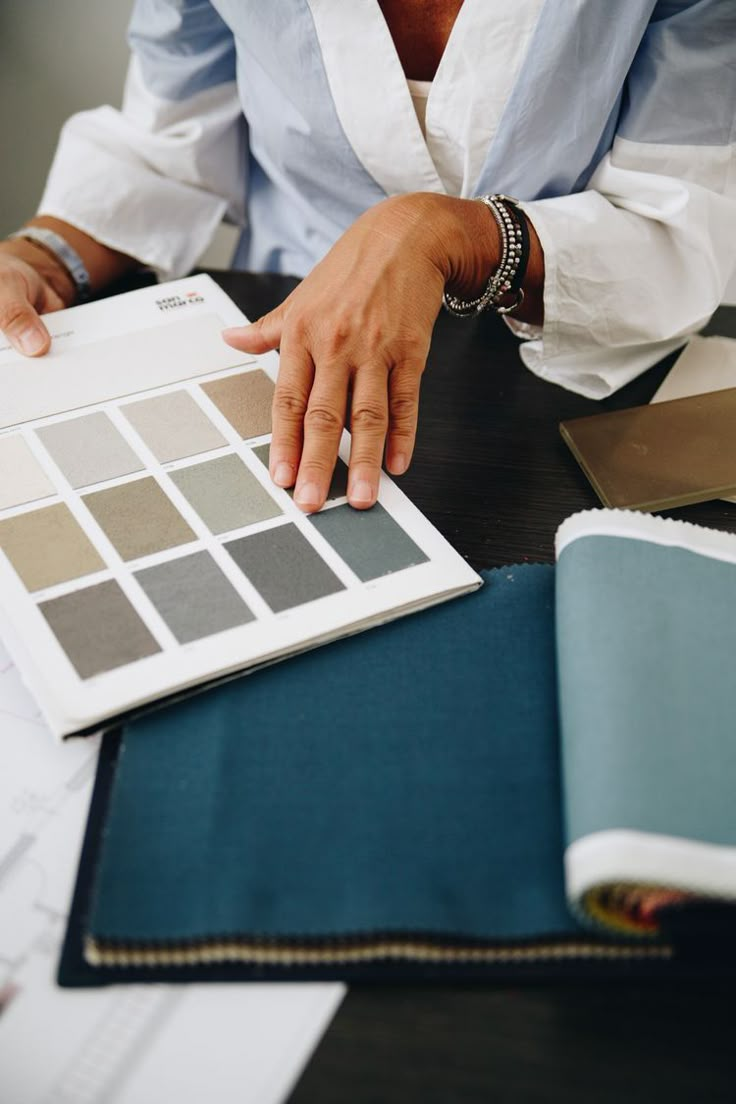
What Skills Set Interior Designers Apart?
Creativity: The Heart of Design
Every project begins with a vision. Successful designers balance creativity with functionality, crafting spaces that are both beautiful and practical. Take inspiration from design movements like the bold elegance of Art Deco or the serene minimalism of Scandinavian interiors.
Communication and Collaboration
Interior designers often work closely with architects, contractors, and clients. Clear communication ensures every project runs smoothly and every vision is realized.
Technical Proficiency
From mastering CAD software to understanding building codes, technical skills are essential. Tools like AutoCAD or SketchUp bring your designs to life with precision and professionalism.
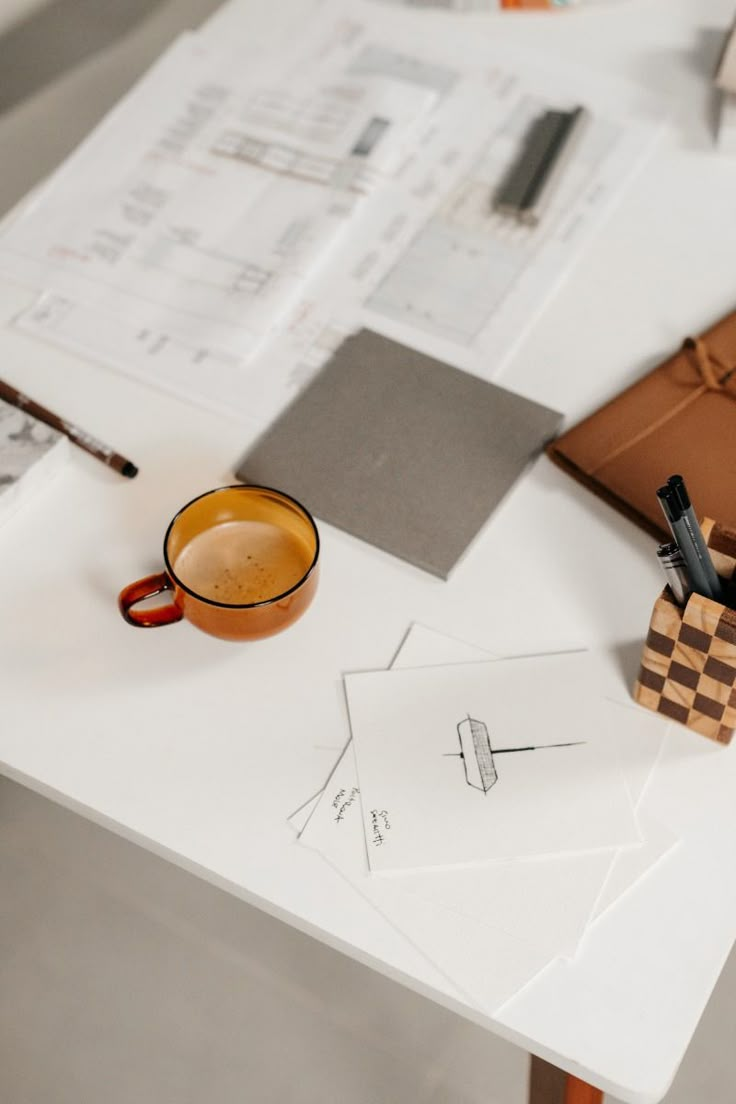
How Do You Communicate Your Rates to Clients?
Be Transparent
Your pricing is only as good as your ability to explain it. Here’s how to ensure clients understand the value. Provide detailed breakdowns of services and associated costs. Clients appreciate clarity and trust designers who are upfront.
Show Value
Explain how your work will transform their space and their lifestyle. Reference Maison Flâneur’s curated collections to illustrate how thoughtful design brings personality and charm to a home.
Offer Tiered Options
Not all clients have the same budget. Create tiered packages to accommodate different needs while maintaining profitability.
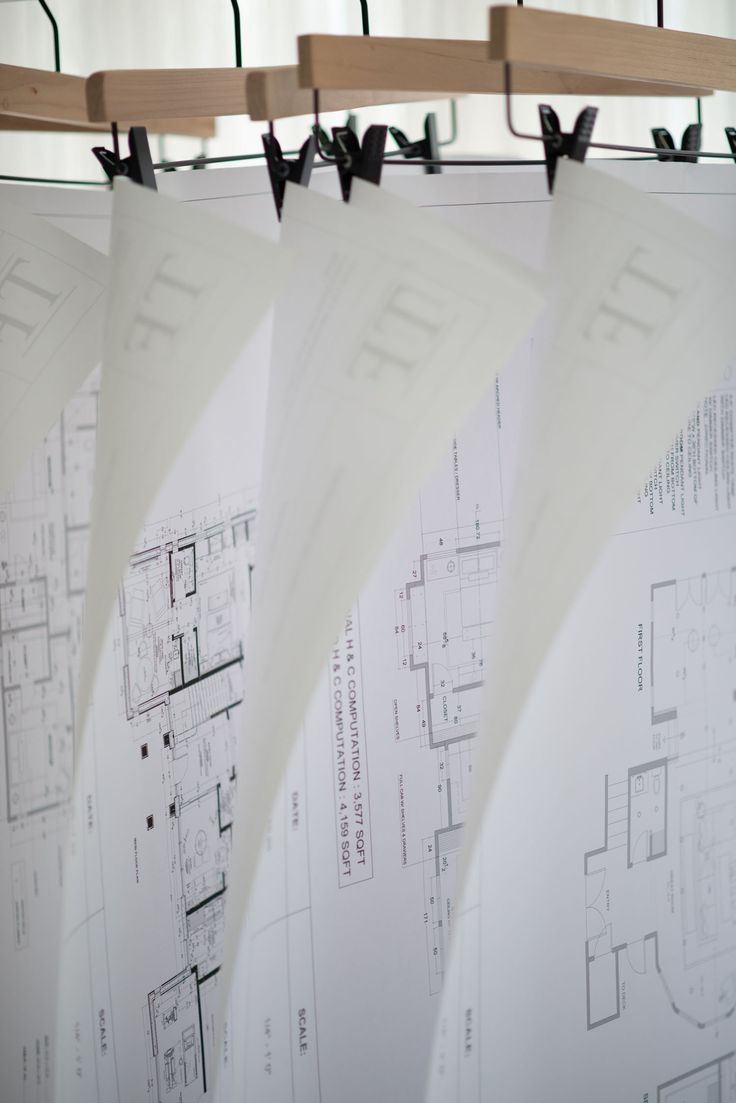
Do You Need Certifications to Succeed in Interior Design?
Which Certifications Are Most Valuable?
✔ NCIDQ Certification: A globally recognized standard for interior designers.
✔ LEED Accreditation: Specialize in sustainable design with this green certification.
Why Are Certifications Important?
They demonstrate professionalism, expertise, and a commitment to excellence, helping you build trust with clients.
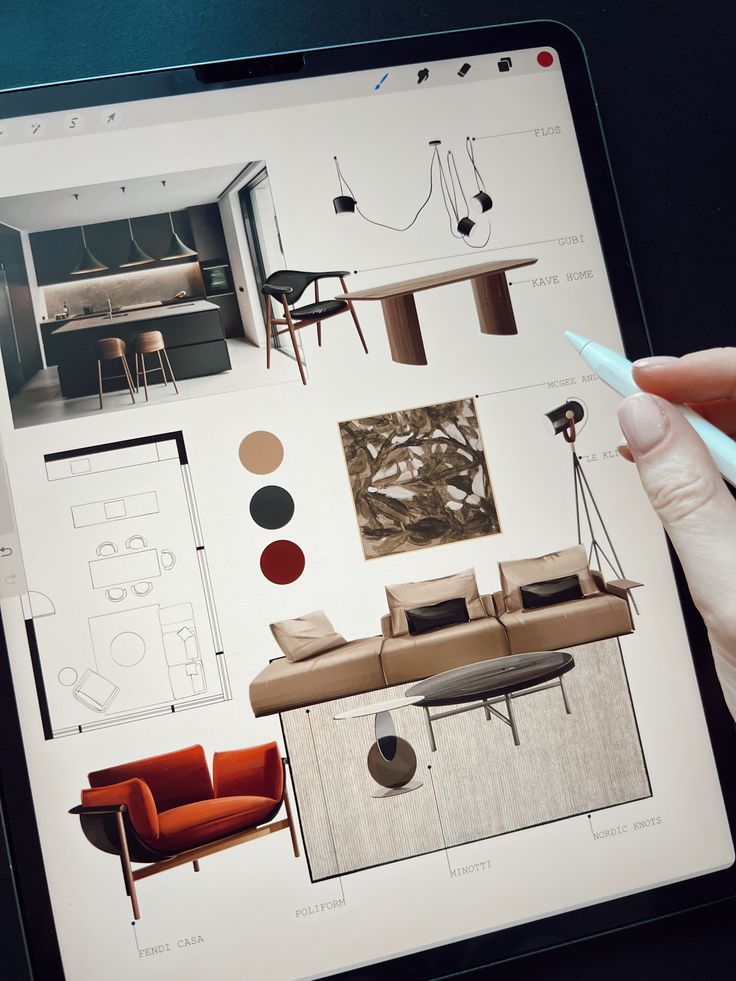
How Can You Build a Standout Portfolio?
Start Small
If you’re just starting out, work on personal projects or volunteer for small-scale design jobs. These experiences can demonstrate your creativity and problem-solving skills.
Tell a Story
Each portfolio entry should narrate a journey—your inspiration, process, and the final result. Maison Flâneur’s curated collections are a prime example of storytelling through design, where every piece adds character and meaning to a space. Go big on the story telling!
FAQ
How Long Does It Take to Become a Designer?
The timeline depends on your path. A bachelor’s degree typically takes three to four years, but you can enter the industry sooner through short courses and practical experience.
What Are the Biggest Trends in Interior Design?
Sustainability is leading the way, with a focus on eco-friendly materials, energy efficiency, and timeless designs.
Can I Become a Designer Without a Degree?
Yes! Build a strong portfolio, gain hands-on experience, and network with industry professionals.
How Do I Network as an Aspiring Designer?
Attend trade shows like Maison&Objet in Paris and join online communities like Houzz to connect with peers and industry leaders.
































